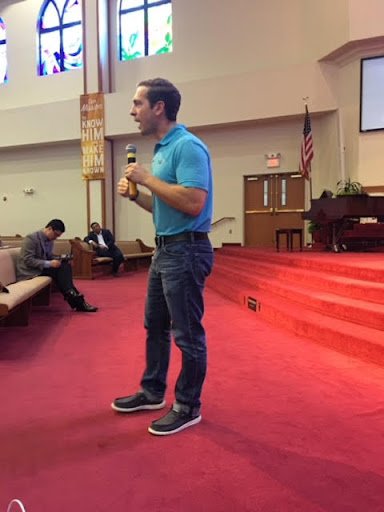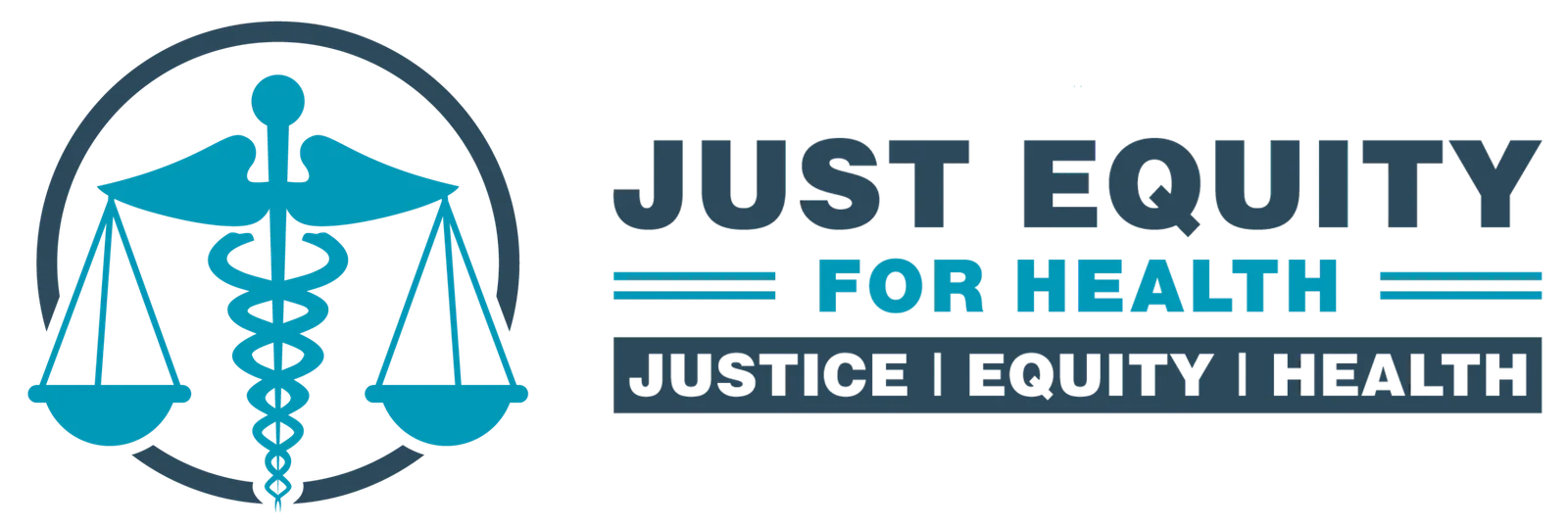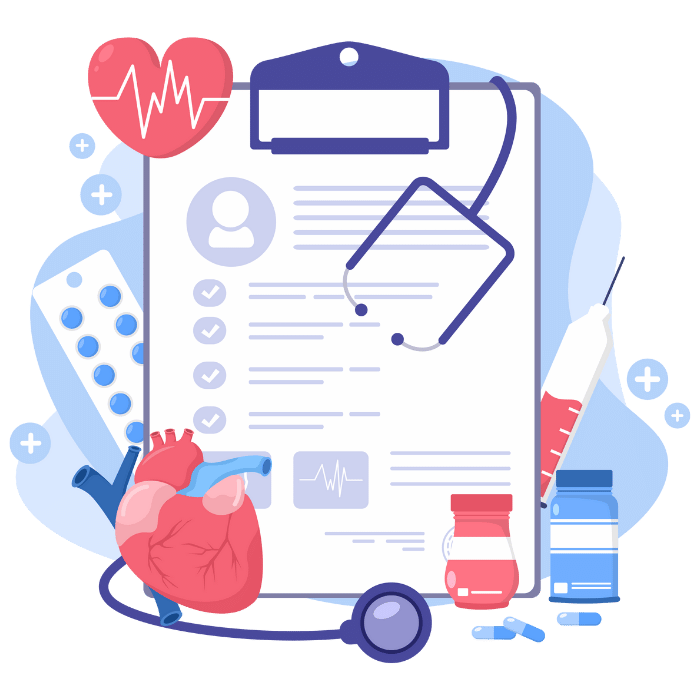
During the 6th century B.C., the lawmaker Solon laid the foundations for Athenian democracy by
drafting the first Greek code of law, the Locrian code. Within this framework, Solon devised a radically innovative public health system that sought to provide medical care for all citizens of Athens, including the enslaved. By the 5th century, the famous Athenian statesman Pericles took Solon’s principles and obligated physicians to visit and treat poor members of society for free.
Within this “golden age of Pericles,” Hippocrates of Kos emerged and coined the following tenant among his Hippocratic Oath, “I will remember that I remain a member of society, with special obligations to all my fellow human beings…” In their conceptualization of medicine, the Ancient Greeks understood a physician’s role not only as a practitioner but as a citizen. In September 2021, I spoke with Greek-American physician Dr. Panagis Galiatsatos about the function of physician-citizens in our modern era and their responsibilities to engage communities and preach a ‘gospel of health.”
Panagis, I’m noticing that because you lacked guidance early on in your career that it informs your love of mentorship now. What joy does mentorship give you?
When I became a doctor, I experienced cheerleading and promotion from others but no concrete guidance. I did whatever my pre-med courses and counselors required of me to enter medicine, and once I started medical training, I did the clinical and scientific work. However, I gave up a traditional path during my residency when I began to engage with my community.
At some point, I wondered, “maybe I can make a career out of this?” The partnerships that I established with local residents were a revolutionary step toward what a medical/community partnership could look like. So, I took the leap to commit fully, join academia, and carve out a niche for community-centered health engagement.
Many people said, “that’s not a real field,” but stubbornness is what the community needs. Although, the journey isn’t always fun. I’ve felt isolated countless times, and I often feel like I have to defend the significance and value of this work. I mentor because I never want students to feel that way and because I want my mentees to understand how to engage their communities and why medicine requires this effort now more than ever.
You’ve been in the public engagement and social determinants of health conversation before COVID-19 and its popularization within general consciousness. How do you feel now after being in the trenches for so long?The trenches were lonely—even for the individuals doing this work before me, it was a lonely path. However, we realized medicine and health aren’t synonymous, and unless we invest in community engagement, we won’t know how to overcome the gaps of medical care effectively. I love how this conversation has moved into popular consciousness; my concern is that it is a moment rather than an authentic movement. This conversation has been given a seat at the table, but it doesn’t feel permanent.
What would moving from an event to a movement look like?
It looks like not being given just a spotlight, but resources as well. We need support from academia, hospitals, local governments, and COVID-19 has been an essential catalyst for the permanency of community engagement. How are we going to end this pandemic? Not via doctors and nurses; they are the last line of defense. We end it through communities understanding infectious control policies, taking the antidotes requested, and trusting medical practitioners.
What are the resources you require?
What are the resources you require? What are the material requirements to continue this work?Engagement is built around people, and the most effective grassroots approach is presence. In order to attend, to listen, and to act when called upon by the community, we need staff. It can’t be one doctor trying to find the time between clinical activities or one employee sent to local events. The most significant urgency is staffing to work as liaisons and bring the priorities of individuals back into healthcare systems. Additionally, academia has to incentivize pursuing community engagement as a career. If students aren’t taught to invest in their neighbors, there is no long-lasting value and impetus to change. I need employees to listen to individuals, relay strategies, and then work with the most proximal entities in the government to make sure those strategies are anchored legislatively.
This is where I have to push back. Often, there is no immediate return on investment for these measures, which is why hospitals and investors are often disinterested. How would you respond to such a viewpoint?
You’re right; there’s not an immediate return on investment because it’s a long-term game. Suppose you want to achieve the most prominent economic boom for any city, region, or country imaginable. In that case, it can only happen when all citizens are working at their maximum health. Through health equity, you can tap into the potential of every human being; that is the ultimate return on investment. Investors and healthcare systems must sit down and redefine their long trending outcomes, but it requires an ideological shift that includes cultural identity, camaraderie, and unity.
Some of the entities we frequently work with in Baltimore are faith-based organizations, and I enjoy engaging with them because there is identity there. There are weekly collections of adults with an innate sense of trust among each other and a hierarchy where messaging can be transmitted and disseminated effectively. Many of these groups are inviting, welcoming, and emphasize members can go to their altars at any time. American Hospitals in 2021 are not viewed that way, especially academic ones. No one goes to pray at the altar of a hospital unless you’re sick! But that’s not what a hospital has always been!
The ancient Greeks were some of the first to popularize the physician-citizen as a member who went out and worked in their communities in real-time. As medicine took on more of a capitalistic approach, it grew more reactive; the systems shifted to treat the disease without promoting health and preventing disease.
I would love to see hospitals redefine themselves as authentic community partners—not very different from a Mosque, Synagogue, or Church—where all citizens are invited to worship out of a bible of health, not a gospel of medicine.
Dr. Panagis Galiatsatos is a board-certified pulmonary and critical care physician based out of Baltimore, Maryland. In addition to clinical and teaching responsibilities at Johns Hopkins School of Medicine, he is the Co-Chair at Johns Hopkins Office of Diversity, Inclusion, and Health Equity. Dr. Galiatsatos is also the Co-Director of Medicine for Greater Good.
Learn More About Dr. Galiatsatos’ Work:
- https://academic.oup.com/eurheartj/article/40/5/411/5304525
- https://www.youtube.com/watch?v=Bs83pow-Mvw&t=1s
- https://www.cbsnews.com/news/building-bridges-to-combat-covid-19-in-communities-of-color/
- https://tcbinc.org/newsandideas/press/item/5549-the-community-builders-and-the-housing-authority-of-baltimore-city-celebrate-the-grand-opening-of-city-view-at-mcculloh-apartments.html
- https://www.bethelbalto.com
- https://southernbaptistchurch.org
- https://www.medicineforthegreatergood.org

